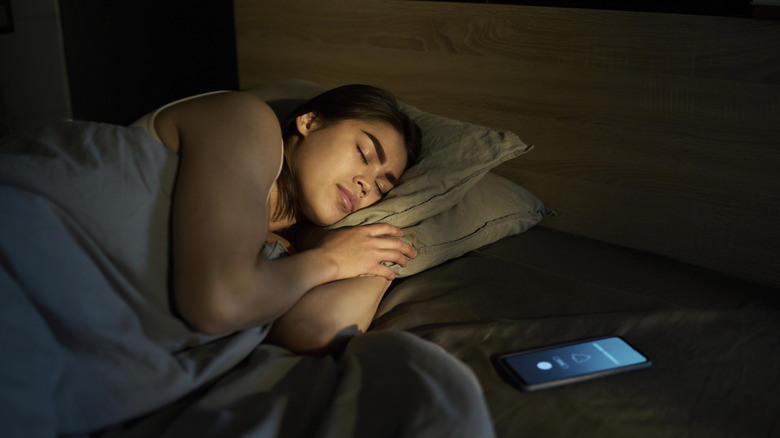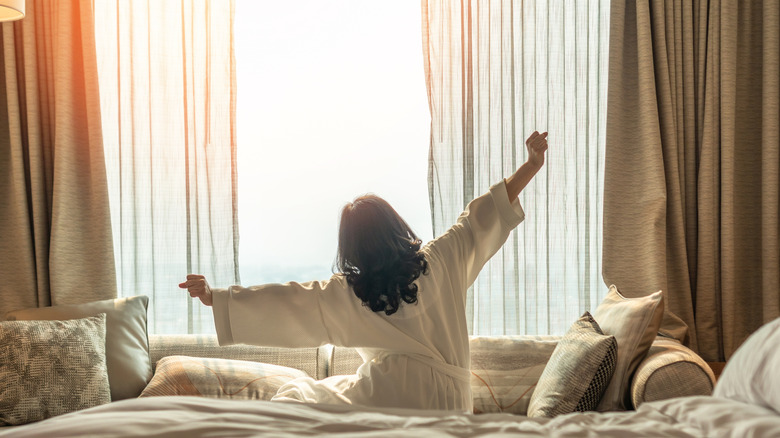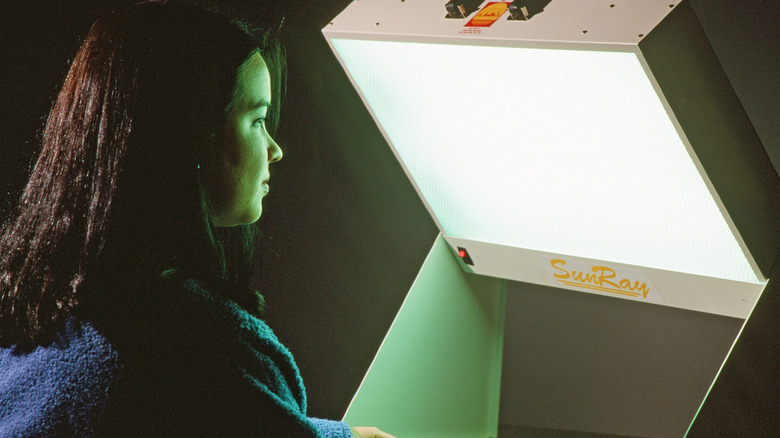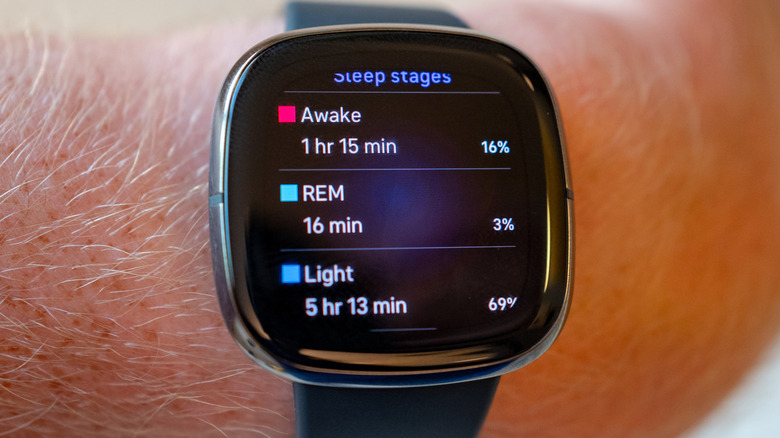Do Sunrise Alarm Clocks Work? Here's What Professional Reviewers Say
There is plenty of evidence about how important sunlight is to our circadian rhythm, and how the blue light we stare at on computers and televisions interrupts it. Many people have poor sleep, due to this or one of a thousand other reasons, and are looking for some way to get their circadian rhythm back on track.
As such, many people turn to sunrise alarm clocks to help. These special alarm clocks claim to replicate the sunrise, gently waking someone with soft audio that slowly increases in volume and light that gradually gets brighter instead of a normal alarm clock's loud, jarring alarm. This slower, less disruptive method of waking up helps to get you out of bed feeling more well-rested since your sleep wasn't suddenly interrupted by an alarm, and encourages getting up on time instead of hitting the snooze button over and over again.
But do sunrise alarm clocks actually work, or do they not live up to the hype? Professional reviewers have been putting this sleep tech to the test, so we've rounded up some opinions.
A gentle awakening is a better awakening
One of the big differences between a normal alarm clock and a sunrise alarm clock is that the latter uses light to wake you up, as opposed to noise. An alarm clock buzzing in the morning is usually jarring and loud, startling you out of bed and making the morning just a bit more stressful.
On the other hand, sunrise alarm clocks gradually fill the room with light, using the simulation of the sunrise to wake you up more naturally. These alarm clocks will also often play sound, but it's more in the realm of calming bird chirping or water babbling instead of a loud buzzing.
This way of waking up is not only the main purpose of a sunrise alarm clock, but also a superior way of waking in general. Wired mentions that the more gradual method of light filling the room makes it easier to wake up in the morning and harder to hit the snooze button, while Wirecutter mentions that these alarm clocks are great for setting or resetting your internal clock.
Are sunrise alarm clocks part of light therapy?
If you've looked into sunrise alarm clocks or about how light affects our sleep and moods, you've probably heard of light therapy. Light therapy is meant to be used if you have seasonal affective disorder (SAD) or are otherwise fatigued. The general idea is that sun lamps for blue light therapy help with SAD and depression by producing more serotonin and providing vitamin D. Red light therapy, used mainly for skincare, may also help with depressive symptoms.
However, sunrise alarm clocks are not light therapy. Wirecutter warns that light therapy should only be done with medical grade devices, and doctor consultation is needed first.
But that doesn't mean these special alarm clocks aren't therapeutic at all. As CNET states, the simulation of sunrise not only helps with sleep but also with serotonin production, and many are likely to feel their moods improve over time. Even just getting better sleep can help alleviate depressive symptoms, but for those officially diagnosed with SAD, it's important to follow your doctor's instructions first and foremost.
Only one piece of the sleep health puzzle
While sunrise alarm clocks work well, they alone are unlikely to restore someone's sleeping schedule and patterns. Developing healthy sleep habits, such as not looking at your phone in bed and going to sleep at the same time nightly, will also positively impact your circadian rhythm.
It's also a good idea to try other products to help you sleep. Depending on the situation, using a weighted blanket, blackout curtains, or a white noise machine can also help. But it all depends on the person and why they're having trouble sleeping, and it may take some trial and error to find the secret to a peaceful night's sleep.
The point is that sunrise alarm clocks can do a lot to help build healthy sleep habits, but they're unlikely to be the only thing someone needs to get that fabled 8 hours of sleep a night.



